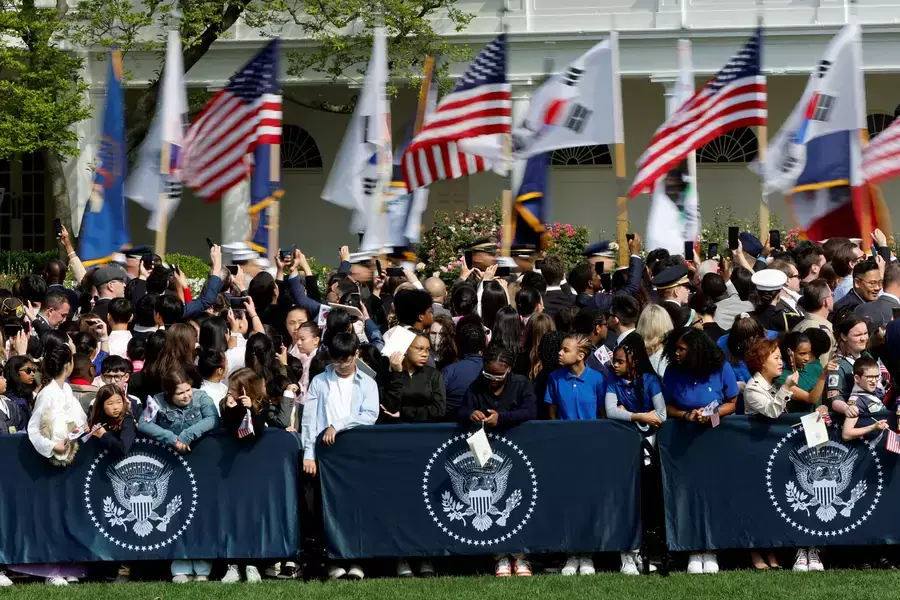The U.S. Election and South Korean Anxieties

Today is my last day at CFR, which marks the conclusion of over fifteen years of contributions to Asia Unbound. On April 1, I will begin my new role as President and CEO of the Korea Economic Institute of America, where I will be a contributor to their blog, entitled The Peninsula. During my time with CFR, I have been privileged to provide analysis on the impact of North Korea’s military development on Kim Jong Un’s foreign policy, the evolution of South Korea’s foreign policy, and new challenges to the U.S.-South Korea alliance, among other issues. Click here for the archive of my publications and contributions to the CFR website.
During my visit to Seoul last week, the early wrap-up of the Republican and Democratic primaries and the start of the U.S. general election campaign captured South Korean attention, alongside campaigning for their own National Assembly elections scheduled for April 10. The U.S. election may come to be viewed in South Korea as a watershed moment for the U.S.-South Korea relationship in part because the election campaign has begun to highlight potentially stark contrasts between Joe Biden and Donald Trump. These differences will impact the nature of security cooperation within the alliance, the direction of policy toward North Korea, and the implications of U.S. energy policy on South Korean investment in the United States.
More on:
But my main reflection following these conversations was the feeling that while the U.S. election result might spur new issues and even new tensions in the U.S.-South Korea relationship, the depth of cooperation that has been established within the alliance in recent years will prove to be resilient. In that context, South Korea has options and opportunities to pursue new forms of cooperation within the alliance regardless of the outcome of the U.S. election.
This does not mean that South Korea welcomes the increased volatility generated by the vicissitudes of U.S. politics, especially against the backdrop of increasing uncertainties in the international political environment. Nor do I believe that South Korea embraces a return to transactionalism as a prominent feature of alliance management. Such an approach only serves to amplify South Korean anxieties about increasing political risks and the imposition of disproportionate costs to South Korea.
But South Korea under President Yoon Suk Yeol has offered more to the United States than was the case during the first Trump administration. A new U.S. administration will have to take account of South Korea’s greater commitment to the alliance, including its enhanced capacity as a technology partner, the expansion of the scope of alliance-based security cooperation to include the Indo-Pacific region and Ukraine, and its strengthened alignment with the United States and Japan in the context of rising geopolitical rivalry with China.
How to manage North Korea, and whether new gaps between the United States and South Korea emerge while pursuing North Korea policy, remains at the core of the alliance relationship. In light of the course that North Korea has taken in the aftermath of the failed 2019 U.S.-North Korea summit in Hanoi, it remains to be seen whether summitry between Trump and Kim can be revived, whether a second Biden administration would be able to draw North Korea into a dialogue, or how much worse a prospective deal with North Korea might be in 2025 compared to what was offered in 2019.
South Koreans will also pay close attention to the impact of the election on the United States as a hospitable environment for inward investment flows and job creation by South Korean companies that have sought to integrate themselves with the U.S. market. Most notable are South Korean private investments in clean technology within red states, which may ironically face setbacks in the event of a dramatic shift in U.S. energy policy imposes threats to the profitability of those investments.
More on:
 Online Store
Online Store